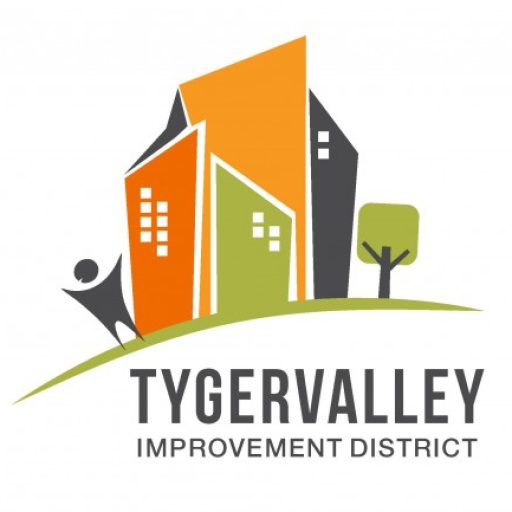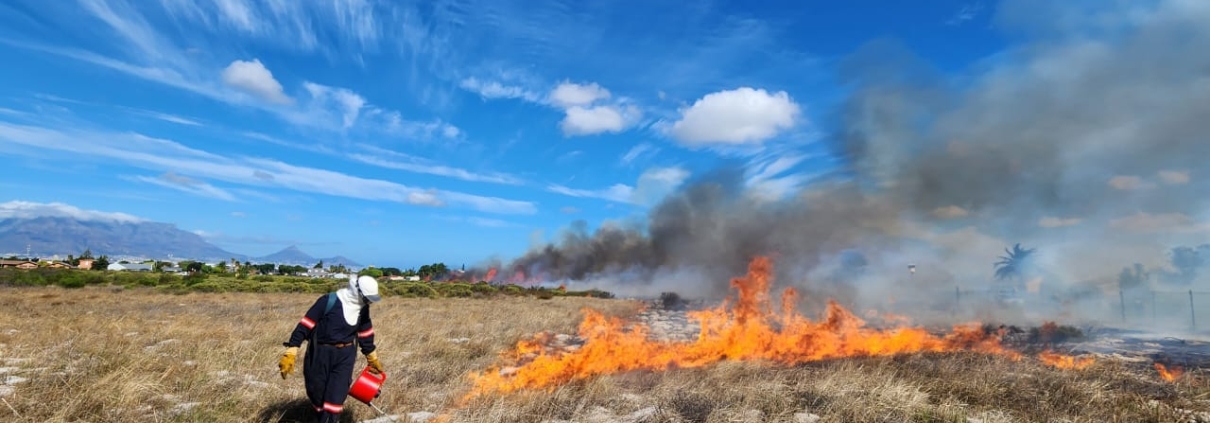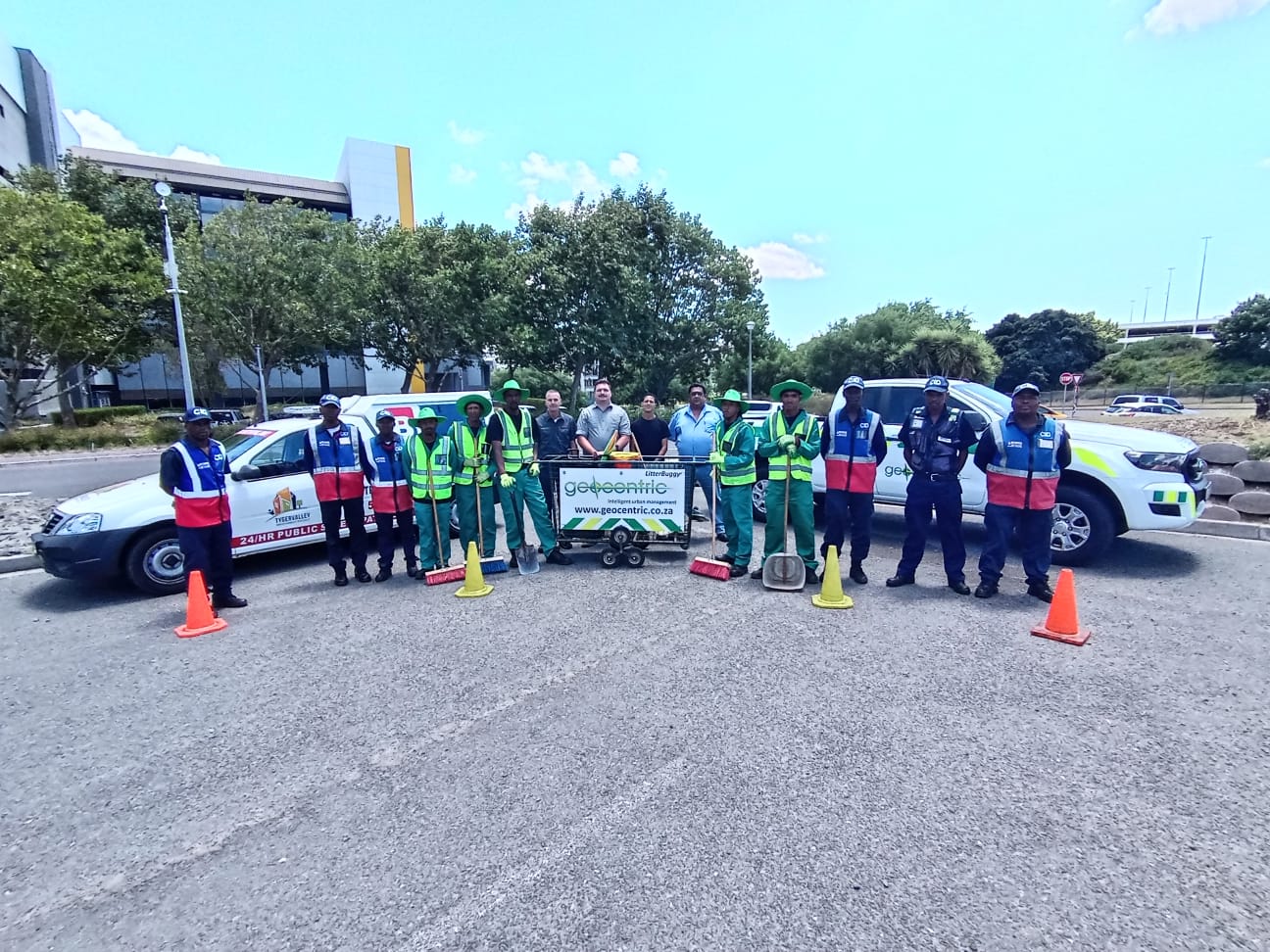Summer safety & security tips & risk management from TVID
Welcome to 2025: Strengthening Our City Improvement Districts
As we settle into 2025, we reaffirm our commitment to maintaining safe, clean and thriving business districts through the dedicated work of our City Improvement District (CID). As a CID, our mandate focuses on improving public spaces through cleansing, infrastructure maintenance and environmental initiatives, supporting local businesses and ensuring urban safety, in collaboration with the City of Cape Town.
For more on the role of the City Improvement Districts, read our FAQs.
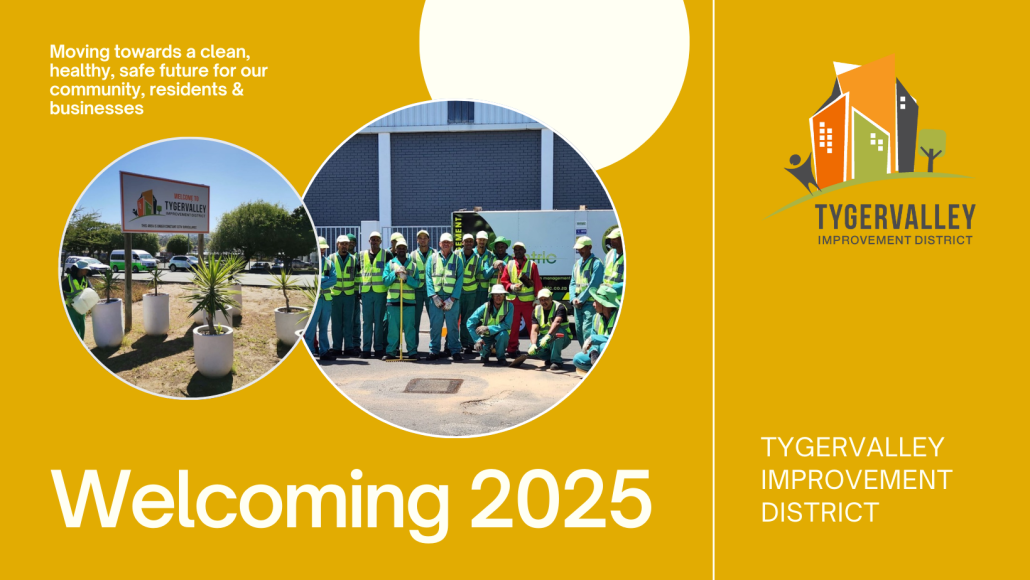
As we move through the peak of summer – characterised by high temperatures and strong winds in the Cape – we focus on essential seasonal safety topics, including fire prevention, urban wildlife awareness and heatwave precautions.
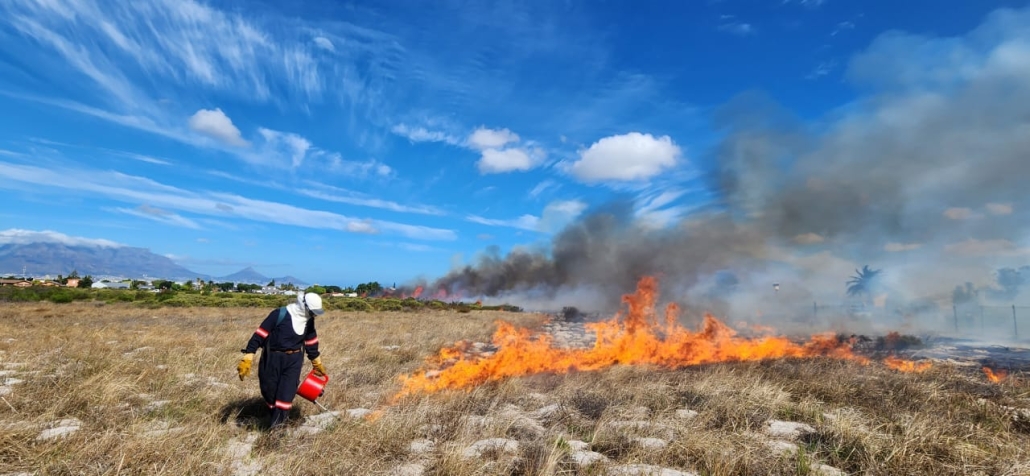
Fire Season in the Western Cape
Cape Town’s fire season occurs each year from November through May, coinciding with our hottest and driest months in the Western Cape. The combination of extreme heat and strong southeasterly winds – known locally as the “Cape Doctor” – creates a high risk of wildfires, which can spread rapidly and become difficult to control. While fire is a natural part of the South African landscape, changes in vegetation, including the invasion of flammable alien plant species, have intensified fire behaviour. This makes it more important than ever for businesses and residents to take proactive fire safety measures to protect lives, property and natural ecosystems.
Fire Safety in Public Spaces and Workplaces
During the hot and windy summer months, fire hazards increase significantly. All businesses and property owners in Cape Town should take proactive measures to reduce fire risks in homes, public spaces and workplaces.
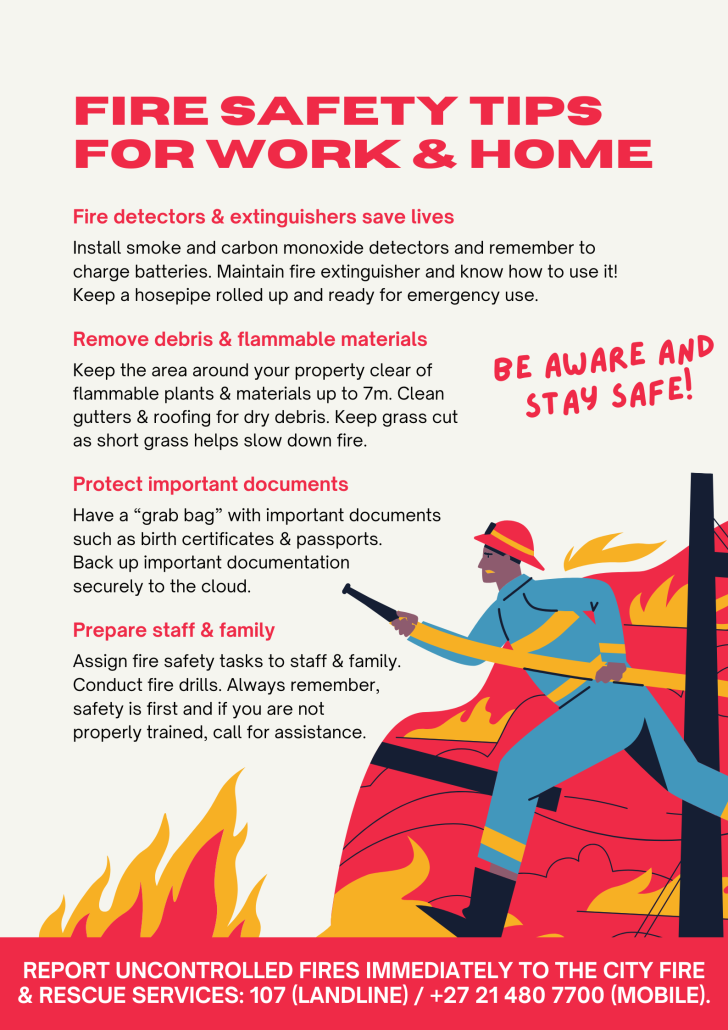
Home and Work Checklist for Fire Safety:
- Remove flammable plants up to 7m from buildings and trim overhanging branches.
- Check and clean gutters and roofing for dry debris.
- Assign fire safety tasks to staff and conduct fire drills.
- Ensure insurance and important documents are backed up securely to the cloud.
- Keep a hosepipe rolled up and ready for emergency use.
- Store fire extinguishers in accessible locations and train staff on proper usage.
- If a fire threatens your property, wet the roof and gutters to prevent ignition from falling embers.
- If staying to assist in fire containment, wear protective gear, cover your nose and mouth, and protect your eyes with goggles.
- Report uncontrolled fires immediately to the City’s Fire and Rescue Services at 107 (from a landline) or 021 480 7700 (from a mobile phone).
Fire safety emergency numbers
To report a fire, call the hotline at 086 110 6417 or the City’s Regional Fire Control at 021 590 1900
For general fire safety inquiries, call 021 590 1971 or 021 590 1975
For 24-hour emergencies, call 107 (landline) or 021 480 7700 (cellphone)
Read more on Fire Safety & view more Fire Safety resources
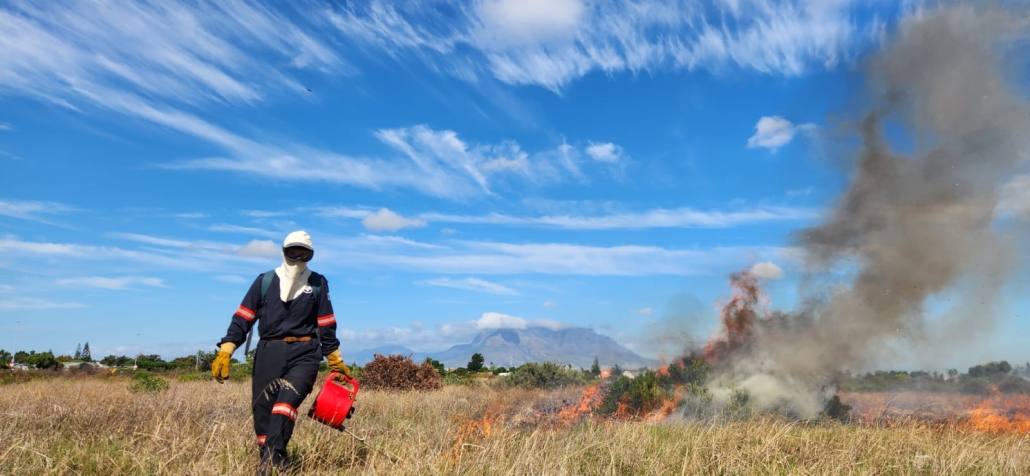
Ecological Burns Scheduled for City Nature Reserves 2025
The City of Cape Town’s Biodiversity Management Branch staff and partners will be conducting ecological burns at various nature reserves in February, March and April 2025. The actual dates will be dependent on weather conditions. Ecological burns are vital to the preservation of natural vegetation and play a key role in reducing overall fire risk.
Read more and view the schedule on the City’s website
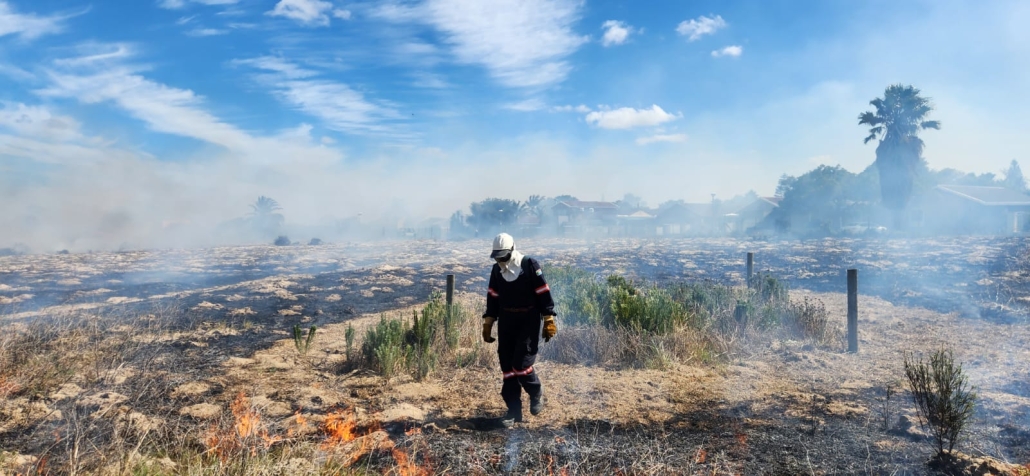
To report a wildfire, please contact the City’s Fire and Rescue and Emergency Services on 107 from a landline or 021 480 7700 from a mobile phone.
To report a fire in Table Mountain National Park, call the hotline at 086 110 6417 or the City’s Regional Fire Control at 021 590 1900.
For Newlands Fire Base, call 021 689 7438.
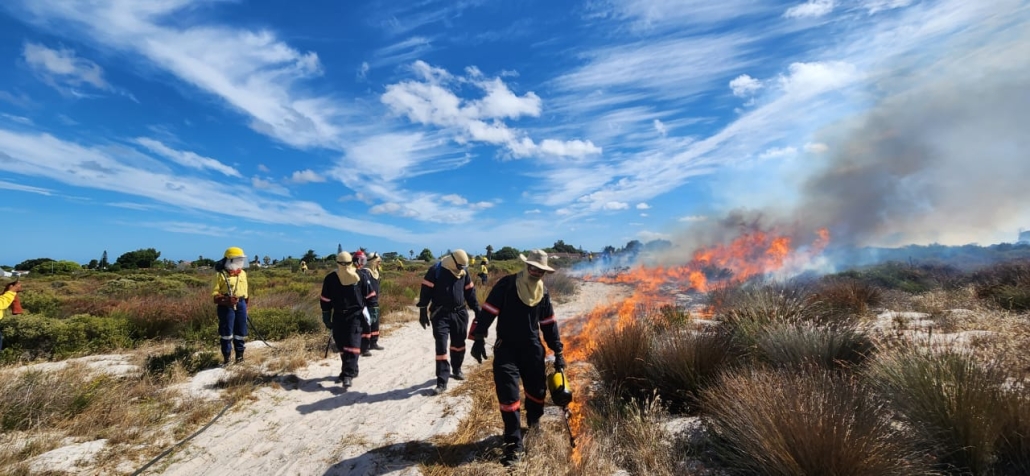
Snakes in the Western Cape
With increased summer temperatures, snake activity rises and urban expansion has led to more encounters with these reptiles, both in our conservation areas and in urban hubs. While most species are harmless, some venomous snakes found in the Western Cape pose a danger. The most notable of these include:
- Puff Adder – Highly venomous and relies on camouflage, often found in grassy and rocky areas.
- Cape Cobra – Fast-moving and highly venomous, frequently encountered in open areas.
- Boomslang – Has potent venom but is shy and rarely bites unless provoked.

Image by William Warby Creative Commons Licence.
Learn how to identify these:
Puff Adders are relatively short, thick snakes (rarely exceeding 1 metre long) with chevron patterns that vary in colour from black to brown, and have large, flattened triangular heads.
Cape Cobras are reddish brown to olive brown, yellowish and black and are usually around 1.5 m in length but may exceed 2 metres. A hood can be seen when the snake rears up and faces a threat.
Boomslangs have large eyes with round pupils, a distinct, egg-shaped head, and are green, black or brown. They are a slender snake that may exceed 2 metres.



Snake Safety Tips:
- If you spot a snake, remain calm and do not attempt to handle it.
- If bitten by a snake, do not run! This will spread the venom faster.
- Keep pets away and call a professional snake catcher for removal.
- Be cautious when walking in grassy or rocky areas – wear closed shoes.
- If bitten, seek medical attention immediately and try to remember the snake’s appearance.
- Contact local snake removal experts or emergency services for assistance.
Emergency Contact for Snakes
Tygerberg Poison Information Centre’s main function is to advise healthcare professionals and the general public on how to deal with acute poisonings, including snake bites.
In an emergency, call the 24-hour number: 0861 555 777.

Heatwaves & Disaster Risk Management
With extreme heatwaves becoming more frequent and severe, and reports of summer 2024-25 being the hottest on record in South Africa and globally, it is important to be aware of the health risks. In an extremely hot environment, the most serious health and safety concern is heat stroke, which can be fatal.
During these soaring temperatures, it is crucial to stay hydrated, protect pets and be vigilant about animals in distress.
Heatwave Health & Safety Tips
Keep safe and follow these tips as advised by the weather service and the City of Cape Town:
- Stay indoors in well-ventilated areas or air-conditioned rooms. Seek relief in covered public spaces such as shopping malls and libraries.
- If working outside, wear protective clothing such as headgear.
- Take breaks at regular intervals
- Avoid playing strenuous sports or engaging in excessive manual labour.
- Drink plenty of water and avoid alcohol, sugary and caffeinated drinks.
- Use water in spray bottles to cool down. Carry a wet cloth/face towel to wipe the face and neck when hot and submerge feet in cold water to help regulate blood flow that will help to cool the body.
- Wear a wide-brimmed hat and lightweight, loose clothing, and take cool showers or baths.
- Limit outdoor activity to earlier or later in the day.
- Take action at the first sign of a heat-related illness, such as muscle cramps, heavy sweating, nausea, vomiting, dizziness, fainting, confusion, a fast pulse, and high body temperature. Seek emergency medical assistance immediately.
Read more in the City of Cape Town’s Heat Wave Resource
Keeping Pets Safe in High Temperatures:
- Ensure pets always have access to fresh water and shaded areas.
- Avoid walking dogs on hot pavements, as they can burn their paws.
- Never leave pets unattended in parked cars, even for a short period.
- Look out for signs of heatstroke, such as excessive panting, drooling, or lethargy.
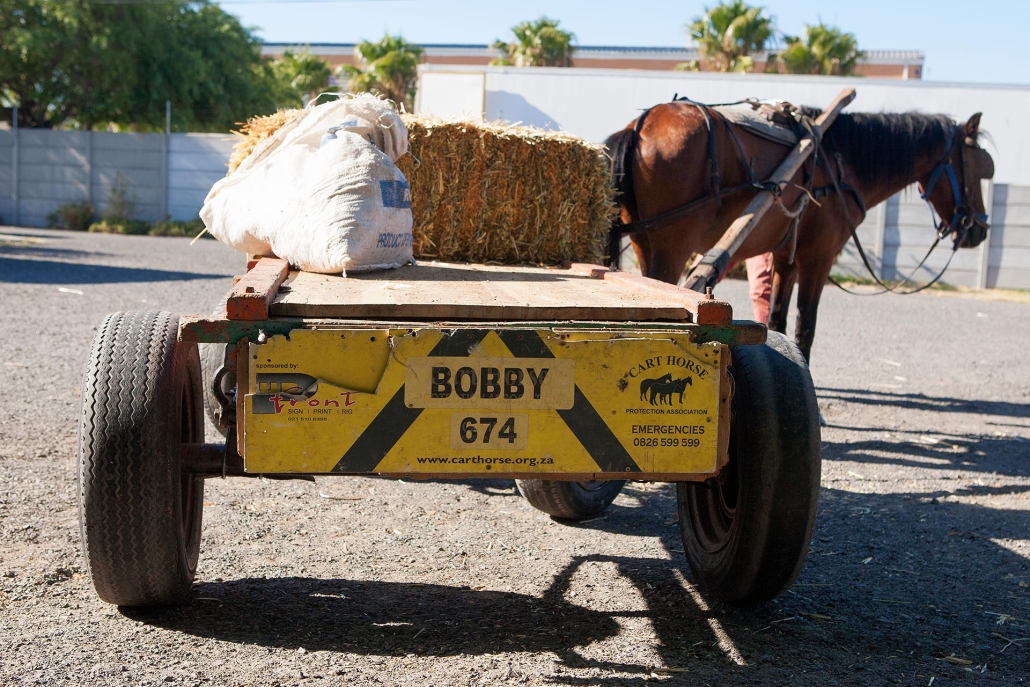
Reporting Cart Horse Abuse or Distress in Extreme Heat:
While most businesses do not use cart horses, you may encounter them in the city. In extreme heat, it is important to be mindful of their welfare.
- If you see a cart horse struggling in the heat or showing signs of distress, report it to the Cart Horse Protection Association.
- Advocate for humane treatment and appropriate rest periods for working horses.
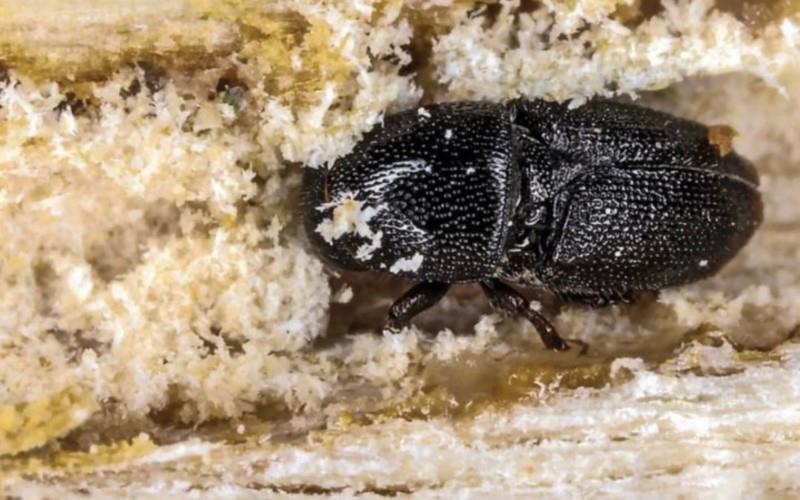
Shot Hole Borer (PSHB) Beetle threat in Cape Town
First discovered in Cape Town in 2019 in Somerset West, the Shot Hole Borer Beetle is a tiny invasive beetle native to Southeast Asia that poses a significant threat to Cape Town’s trees and urban forest.
According to the City, these beetles are highly active at this time of year, and the City’s Invasive Species Unit urges residents to report any signs of infestation and the location of the trees.
The Geocentric Management team recently received extensive training from the City of Cape Town invasive species team, to take proactive steps regarding the Shot Hole Borer Beetle.
Read more about the Shot Hole Borer Beetle
How to report PSHB beetle sightings:
- Online, at capetown.gov.za/InvasiveSpecies
- Call the City of Cape Town’s Invasive Species Unit on 021 444 2357, Monday to Friday, from 07:30 to 16:00
- Send an email to: invasive.species@capetown.gov.za
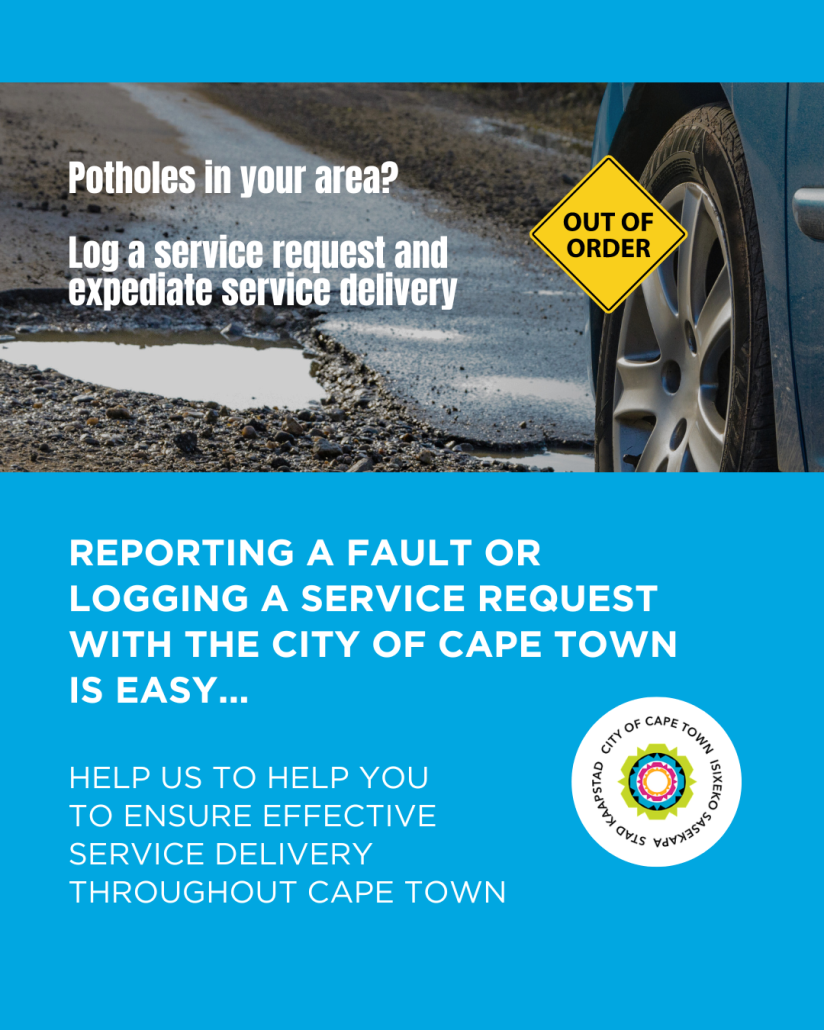
Help Us Keep Your Business District Safe and Functional
CIDs work closely with the City of Cape Town to maintain public spaces and enhance urban safety. If you notice issues such as potholes, broken streetlights or illegal dumping, please report them promptly so that they can be addressed.
By logging a service request with the City (C3) you will expedite the issue immediately.
Ways to Report Issues:
- Use the City’s online service portal: capetown.gov.za/servicerequests
- Call the City’s service helpline: 0860 103 089
- Use the City of Cape Town mobile app
- Email: contact.us@capetown.gov.za
Your reports help us to respond swiftly and maintain a safe, clean and thriving business district. Let’s work together to ensure 2025 is a year of progress and sustainability.


From the City
- Cape Town Biodiversity Spatial Plan – Public Participation
The Public Participation Process will be live on the City Have Your Say & Collaboration Platform from 13 February–13 March 2024. - Stay cautious in and around water
See the City’s swimming pool & lifeguard schedule - No more MyCiTi buses on the uphill at Hospital Bend
